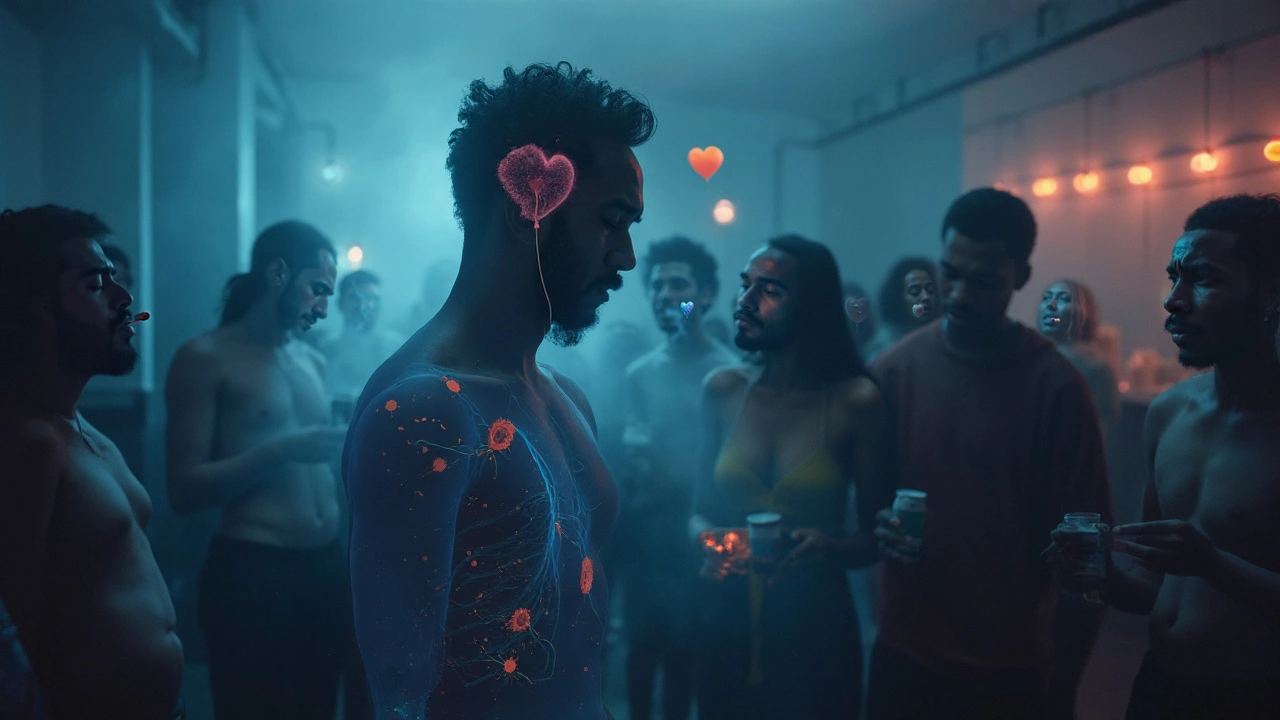Recreational Drugs: What They Are and How to Stay Safe
When you hear the word "recreational drugs" you probably think of parties, clubs, or people trying to unwind. In reality, the term covers a wide range of substances people use for pleasure, relaxation, or curiosity. Knowing the basics can help you make smarter choices, avoid nasty surprises, and keep yourself out of trouble.
Most recreational drugs fall into three groups: stimulants, depressants, and hallucinogens. Stimulants like cocaine or meth boost energy and confidence, but they can also raise heart rate and cause anxiety. Depressants such as alcohol, benzodiazepines, or GHB slow the nervous system, making you feel relaxed or sleepy, but they can also impair breathing if mixed with other depressants. Hallucinogens, including LSD, psilocybin mushrooms, and MDMA, change perception and mood, sometimes leading to intense visual or emotional experiences.
Common Effects and Why They Matter
Each drug has a unique set of short‑term and long‑term effects. Short‑term effects are what you notice right after use—euphoria, increased talkativeness, or distorted senses. Long‑term effects are harder to see at first; they can include dependence, memory problems, or heart damage. The same substance can affect people differently based on dosage, tolerance, and personal health. For example, a low dose of MDMA might feel uplifting, while a higher dose can cause overheating, dehydration, or severe anxiety.
Mixing drugs is a big risk. Combining a depressant with a stimulant can mask warning signs, leading you to take more than your body can handle. Even mixing legal alcohol with prescription meds like Zoloft or Gabapentin can increase side effects and make judgment fuzzy. If you’re ever unsure, it’s safest to stick with one substance at a time and keep the dose low.
Legal Issues and Getting Help
Legal status varies by country, state, and even city. Some drugs, like cannabis in many parts of the US, are legal for medical or recreational use, while others, such as MDMA, remain illegal everywhere. Knowing the local laws can protect you from fines, arrests, or a criminal record. If you’re caught, having a clear record of your medical history can sometimes help, but it’s best to avoid trouble altogether.
When something goes wrong—overdose, severe panic, or a bad reaction—call emergency services right away. Many places have hotlines for drug-related emergencies that can guide you through first‑aid steps while help is on the way. If you suspect dependence, talk to a healthcare provider or look for reputable counseling services. Getting help early can prevent bigger health problems later.
Bottom line: enjoy responsibly, stay informed, and don’t hesitate to seek professional advice if you’re unsure about a substance. Being aware of how a drug works, its risks, and the legal landscape puts you in control and keeps you safer.
Recreational Drugs & Impotence: Risks, Effects & Prevention
Explore how common recreational drugs can cause impotence, the underlying mechanisms, short‑ and long‑term consequences, and steps to protect your sexual health.

